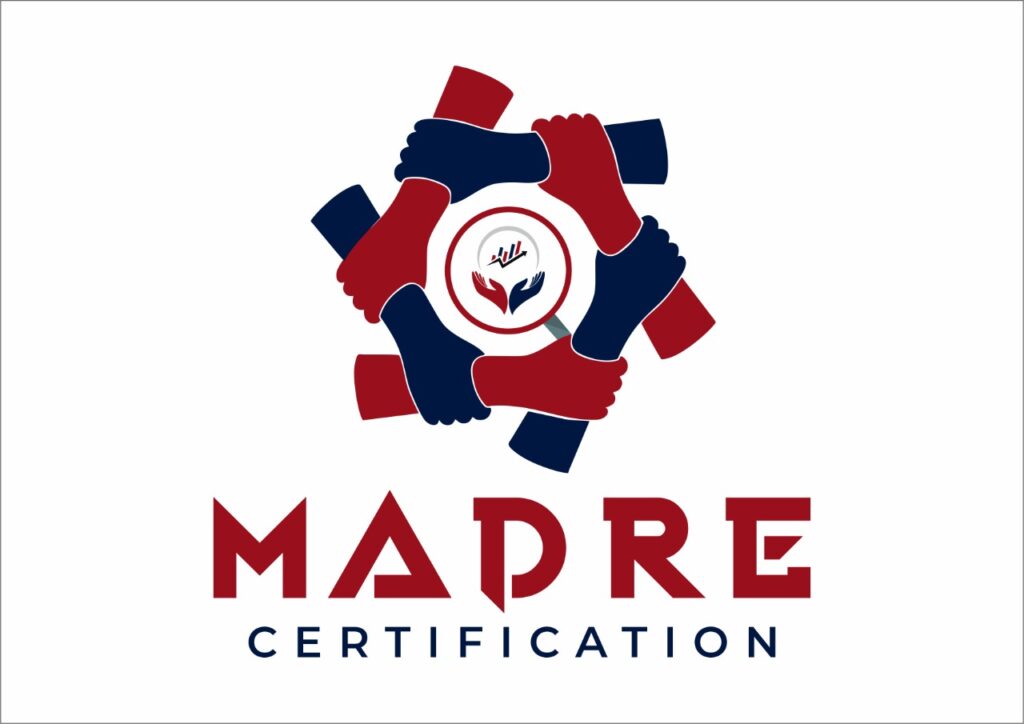Kosher
When your product or establishment is certified Kosher, shoppers know that you comply with a strict policy of kosher food laws, including cleanliness, purity and quality.
But kosher means more than responsible food preparation. Kosher refers to a set of intricate biblical laws that detail the types of food that a Jewish person may eat and the ways in which it may be prepared.
To be certified Kosher, all ingredients in every product—and the process of preparing the product—must be certified for orthodox kosher-compliance too.
Kosher Basics – Meat, Dairy and Pareve
Kosher foods are divided into three categories: meat, dairy and pareve. Meat and dairy products may not be cooked or eaten together. Pareve refers to “neutral” foods, which may be enjoyed with either meat or dairy and details are as under:-
Making The Separation: The definitions of meat, dairy and Pareve in the kosher facility.
Let’s start with one of the basics: the distinction of meat, dairy and Pareve food categories. The following offers practical information on how a product or establishment can be classified into one of these three types, from a kosher perspective.
MEAT – Includes red meat as well as poultry
All meat and fowl and their byproducts, such as bones, soup or gravy are classified as Meat. This includes products that contain meat or fowl derivatives such as liver pills.
Items designated “Meat” must meet the following requirements to be considered kosher:
- Kosher meat must come from an animal that chews its cud and has split hooves. (Cows, sheep and goats are kosher; rabbits, kangaroos and fox are not).
- Kosher fowl are identified by a universally accepted tradition and include the domesticated species of chickens, Cornish hens, ducks, geese and turkeys. The Torah names the species of fowl that are forbidden, including all predatory and scavenger birds.
- Animal and fowl must be slaughtered with precision and examined by a skilled shochet, an individual extensively trained in the rituals kosher slaughtering.
- Permissible portions of the animal and fowl must be properly prepared (soaked and to remove any trace of blood) before cooking.
- All utensils used in slaughtering, cleaning, preparing and packaging must be kosher.
DAIRY – Any product containing or made from milk of a kosher animal.
All meat and fowl and their byproducts, such as bones, soup or gravy are classified as Meat. This includes products that contain meat or fowl derivatives such as liver pills.
Items designated “Meat” must meet the following requirements to be considered kosher:
All foods derived from, or containing, milk are classified as dairy, including milk, butter, yogurt and all cheese – hard, soft and cream. Even a trace amount of dairy can cause a food to be considered dairy.
Dairy products must meet the following criteria in order to be certified kosher:
- They must come from a kosher animal.
- All ingredients must be kosher and free of meat derivatives. (Conventional rennet, gelatin, etc., are of animal origin and may not be used in kosher dairy.)
- They must be produced, processed and packaged on kosher equipment.
PAREVE – Neutral foods, containing or prepared with no trace of meat or dairy.
Foods that are neither meat nor dairy are called pareve. Common pareve foods are eggs, fish, fruit, vegetables, grains, unprocessed juices, pasta, soft drinks, coffee and tea and many candies and snacks.
Pareve presents fewer kosher complexities than meat or dairy, but certain points must be known:
- Foods may lose their pareve status if processed on meat or dairy equipment or when additives are used. Pure Chocolate, cookies and other snacks may not be processed with meat or meaty foods unless they are certified pareve.
- Certain fruits, vegetables and grains must be checked for the presence of small insects and larvae, which are not kosher.
- Eggs must be checked for the presence of blood spots, which are not kosher.
